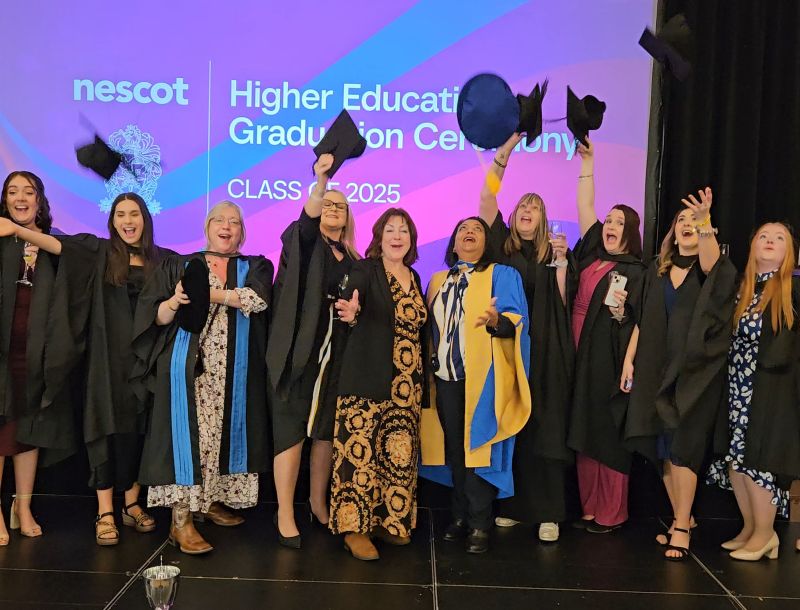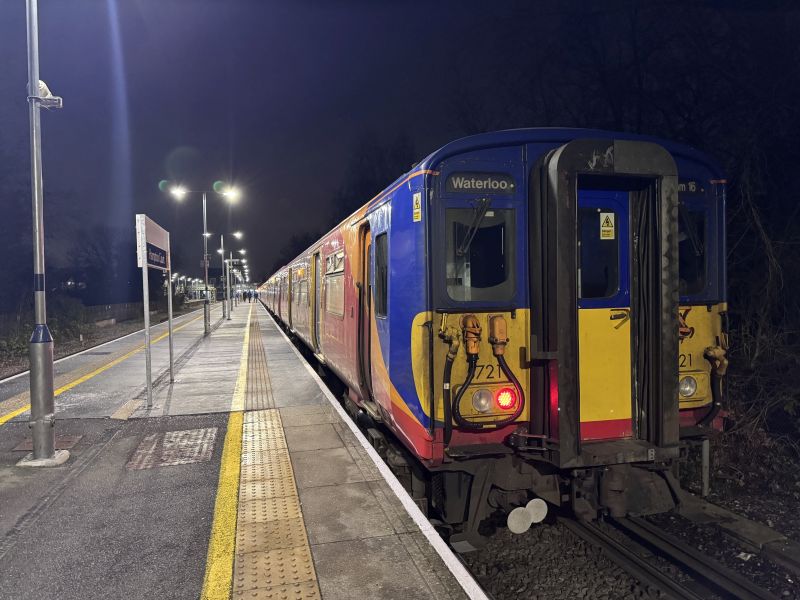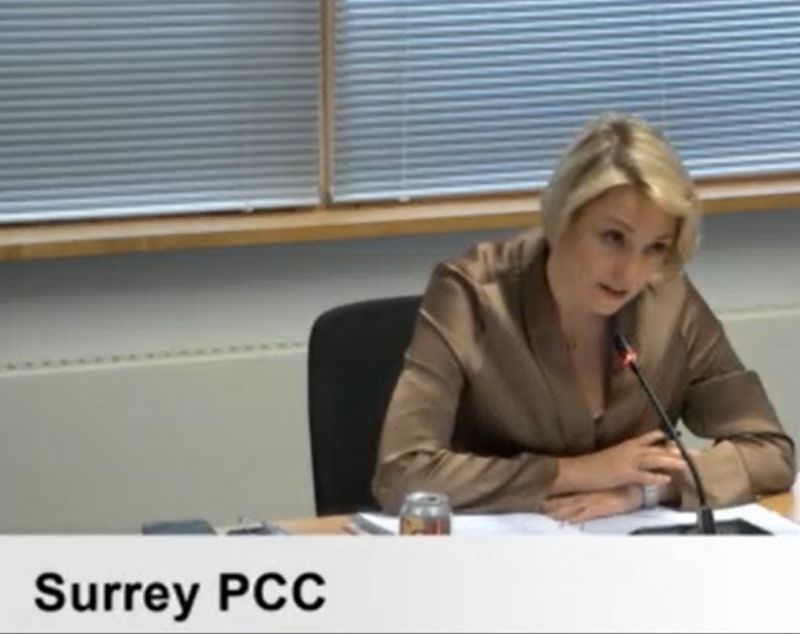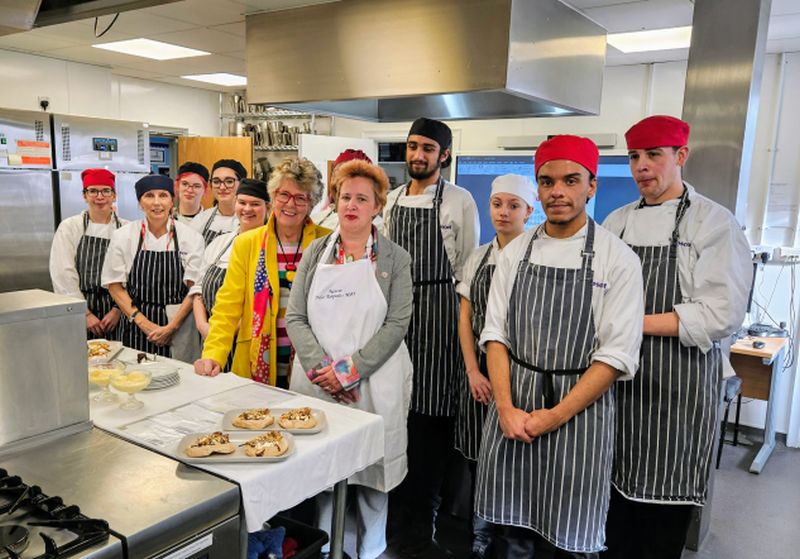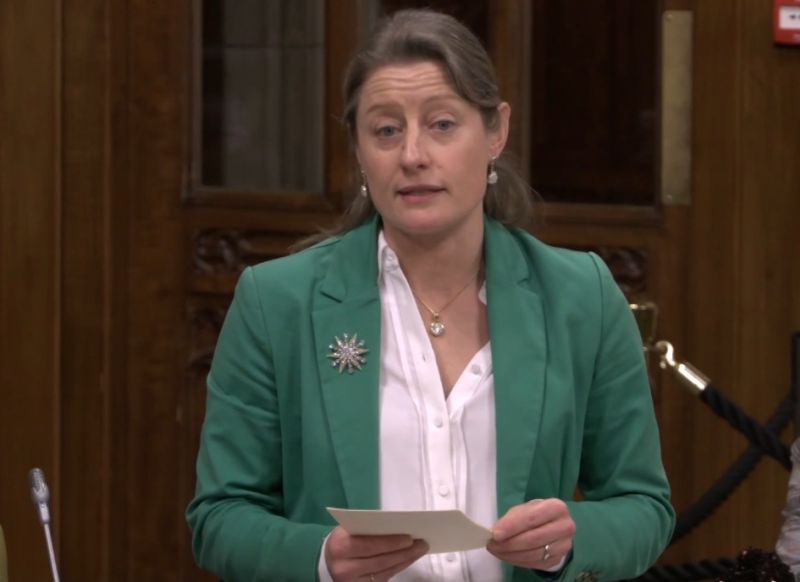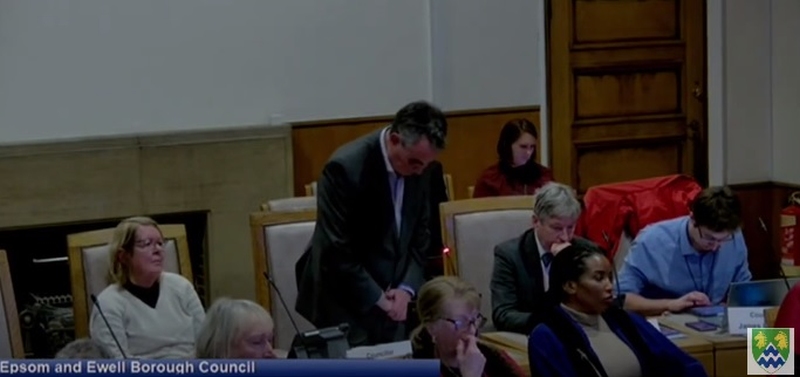Two Q or Not to Q? That was the Q….
Epsom and Ewell Borough Council debated public participation in its committees on Tuesday 12th December. A proposed amendment to standing orders has the effect of restricting a member of the public to asking only one question on a topic and being confined to one supplementary question on that topic only if it arises from the answer given to the first question. And this remains the case even if there is no other member of the public wishing to use what may remain of the 30 minutes the rules provide for public participation at the meeting.
Cllr Chris Ames (Labour Court) was unhappy with this apparent restriction on residents taking part in local democracy. He moved an amendment to send back the proposal to the Council’s constitution drafting sub-committee for a re-think.
He said the rules should “not only encourage but also should not unduly restrict the right of residents to participate in public meetings.”
In relation to the rules determining whether a resident’s question qualified to be asked he emphasized the importance of avoiding unnecessary administrative burdens on officers while promoting transparency in the democratic process.
Cllr Liz Frost (RA Woodcote and Langley) chair of the sub-committee did not accept Cllr Ames amendment and so a debate ensued.
Cllr Ames went on to argue the Council should actively encourage residents who voted for them to participate in the democratic process. In his view, the rules in question imposed unnecessary restrictions on residents, hindering their ability to engage effectively in public meetings. He expressed concern about the potential detachment of councillors from the residents.
He described the new rules as a retrograde step.
One specific point of contention for Cllr Ames was the addition of the words “and final” to an existing rule, which, in his interpretation, unnecessarily restricted the order in which questions could be asked. He called for moral courage if the Council indeed intended to restrict residents to two questions and suggested that any such restriction should be clearly stated, perhaps subject to the chair’s discretion and the existing 30-minute time limit.
He also disputed the notion that residents asking more questions would significantly burden officers, pointing out that the Council had constructed a set of rules making the process labour-intensive in the first place. In his view, the focus should be on eliminating cumbersome rules that deter resident participation.
Additionally, Cllr Ames challenged the alleged rule that a second question must be on a separate topic from the first, deeming it as another way of stifling debate. He brought up an incident where a resident was initially invited to ask a supplementary question but was later told he could not ask a second question on the same issue.
As a journalist Cllr Ames drawing from his extensive experience with Freedom of Information requests, shared his insights into how public bodies tended to complain about the cost of answering questions while simultaneously relying on rules and restrictions to avoid transparency, particularly when uncomfortable issues were raised.
He concluded by urging the Council to discard what he termed as ludicrous rules and embrace a more open approach, allowing residents to participate even if it meant confronting uncomfortable truths. Despite his impassioned plea, Cllr Frost reiterated her rejection of the proposed amendment and the “clarified” rule on public questions was approved by the majority of Councillors.
Related Reports:
Quis custodiet ipsos custodes?
Image: Cllr Ames rises in the Council Chamber. Epsom and Ewell Borough Council Youtube channel.









